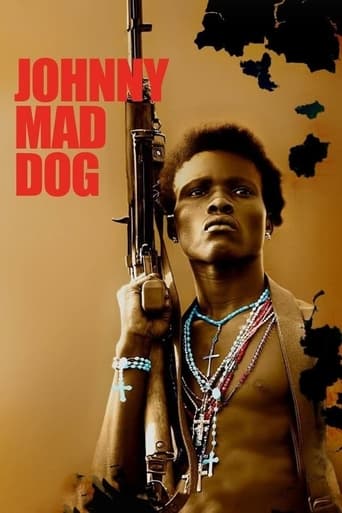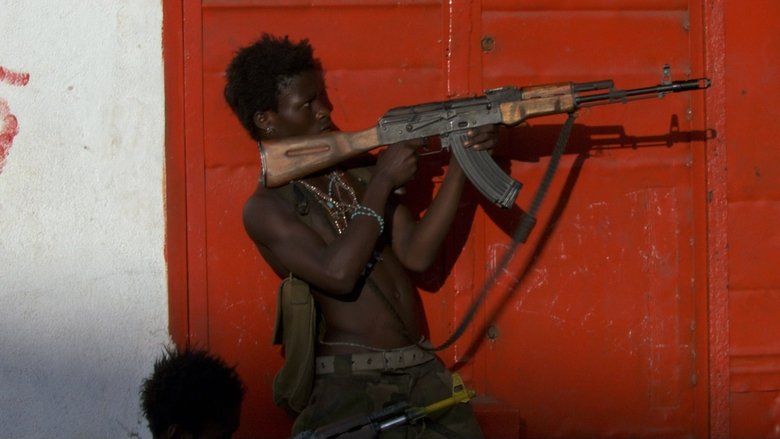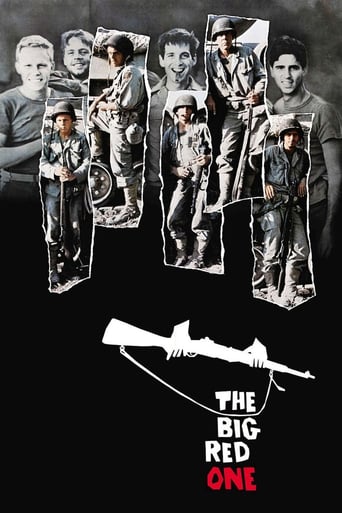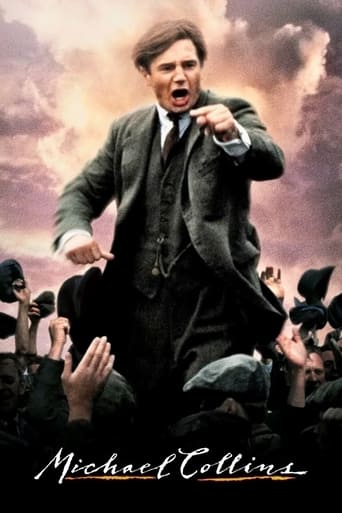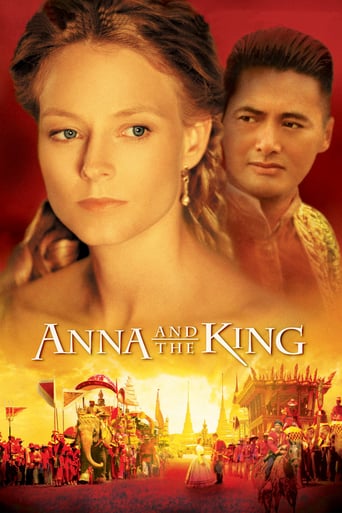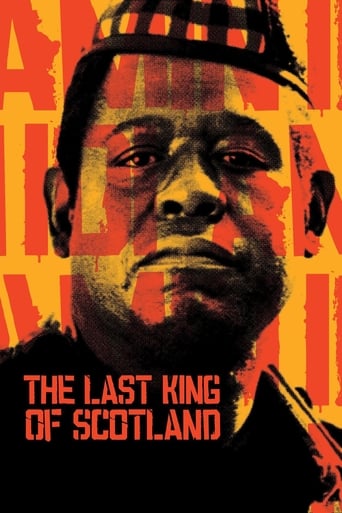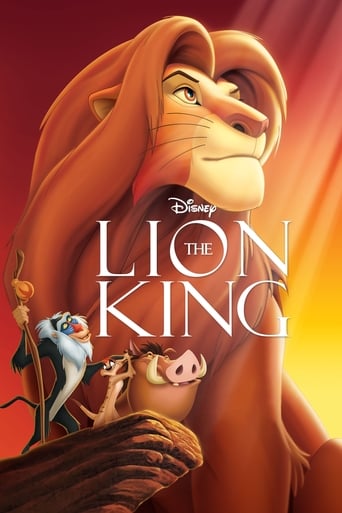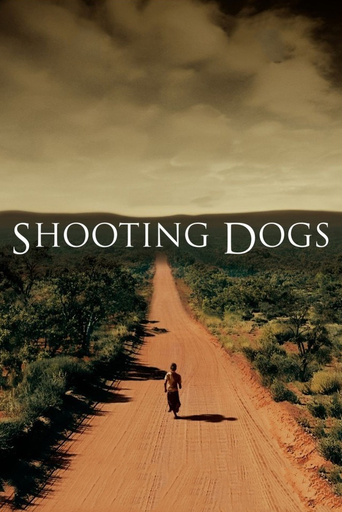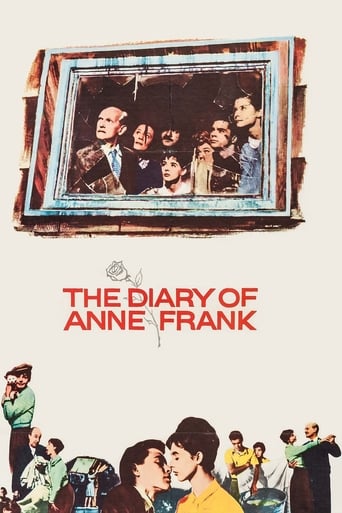Johnny Mad Dog (2008)
A cast of unknown performers are used in this drama about child soldiers fighting a war in an unnamed African country.
Watch Trailer
Cast
Similar titles
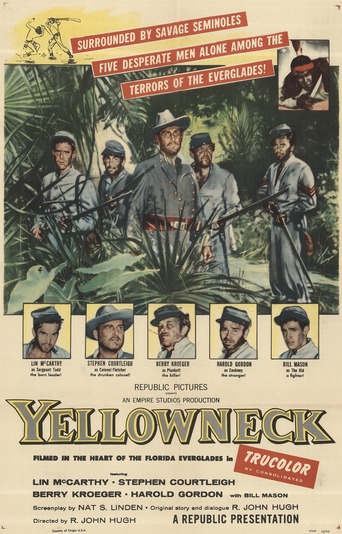
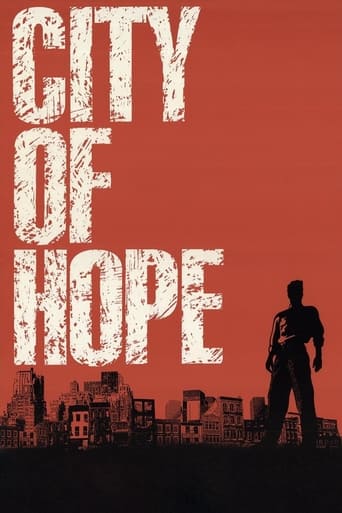
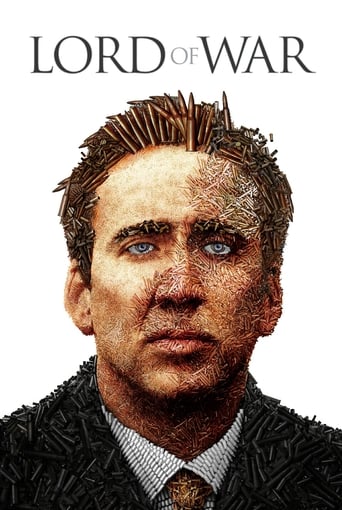
Reviews
Sorry, this movie sucks
Pretty good movie overall. First half was nothing special but it got better as it went along.
The acting in this movie is really good.
Actress is magnificent and exudes a hypnotic screen presence in this affecting drama.
Along with Full Metal Jacket (1987), Apocalypse Now (1979), Paths of Glory (1957) and others, this film joins that august group of anti-war films which attempts to provide a realistic glimpse into the chaos of war.Using documentary-style filming and editing techniques, the story centers upon a small group of boy soldiers who we first see brutally murder and rape some villagers; then they attack a TV station, killing and raping as they go; and finally they launch a major assault, with their larger army, upon a medium sized town where they once again go on a killing spree.Finally, with their objectives achieved, General Never Die (Joseph Duo) disbands the army, tells the boy soldiers that it's all over, so now "Go and do something else." While there is a large cast of first time actors playing the roles of the boy murderers, the story focuses upon Johnny Mad Dog (Christopher Minie) as the boss of the small group, and Laokole (Daisy Victoria Vandy) a young girl who is trying to save her wounded father and her brother, Fofo (Onismus Kamoh).During the hectic fighting scenes in the final assault, Johnny and Laokole (grimly holding onto her small brother) accidentally meet on a staircase in a deserted building. He stops, gun ready, but instead of interrogating her and perhaps killing her, they gaze at each other until one of his grunts calls Johnny back onto the street. Grudgingly, reluctantly, he goes back to his killing machines Later, towards the end, the two meet again under different circumstances and we see the full irony of the effects of war upon individuals: but we are left in a state of uncertainty about the outcome of that meeting, much like we might feel after reading a news story about the real wars in Africa with real boy soldiers that still continue – even as I write and you read.There are short moments of gallows humor with a live pig; for the most part, however, there is just unrelenting killing, raping, and slaughtering of innocents and, implicitly, the death of hope. So, it's not a film for those who cannot watch the worst of human depravity during war.Technically, the production cannot be faulted. The direction is superb, garnering performances from newcomers that must be seen to fully appreciate. The camera work fits the situation of quasi-documentary. The sounds of war are realistic and actually remind me of sounds I've heard recently in the current slaughter of civilians in Syria.Highly recommended, but not for kids, obviously.March 11, 2012.
In an unknown African country, Johnny Mad Dog (Christophe Minie), possibly 14-15 years old, leads a group of young child militia. After the successful infiltration of a TV station, who they believe support the President, they march on to try and capture the capital city. They rape, murder and destroy their way through the city, with scant regard for the cause they're fighting for or the cities inhabitants. Meanwhile, Laokole (Daisy Victoria Vandy), a young girl around Johnny's age, tries to survive with her younger brother and her wounded, legless father.Shot with a documentary-like realism, director Jean-Stephane Sauvaire employed an unknown cast, many of which are actual former child soldiers. We are shown in detail how they are taken from their families and have hatred drilled into them by their colonel, who spouts his motto "you don't want to die, don't be born." It's a savage story set in a savage landscape, and, in the central storyline, we are not allowed the comfort of having any sympathetic characters. There are moments of black comedy - at the beginning we see one of the soldiers loot a victims house and put on a wedding dress, which he wears for the majority of the film, and No Good Advice (Dagbeth Tweh) steals a pig from a victim and stubbornly struggles to carry it on his shoulders. They are clever devices that make the film all the more terrifying and almost unbelievable.The cast are superb to the point where I often forgot I was watching a film, and instead was watching a beautifully filmed documentary. As Johnny, Minie is dead-eyed and stoic, with only fleeting glimpses of a heart beating beneath his cold exterior. He is simply doing what he has been brought up believing, that what he and his crew are doing is revolutionary. They have scant regard for their own lives, being convinced from a young age that bullets won't hurt them, and their bodies jacked-up with alcohol and cocaine. As the credits roll, the sound of Billie Holiday's Strange Fruit seems a strange and ill-fitting choice, but it does not stop Johnny Mad Dog from being a powerful expose of a world that is almost alien to the West.www.the-wrath-of-blog.blogspot.com
I really don't know what to make of this film. It is supposed to be a fictitious, generic African civil war though the setting is obviously Liberia , and the story relates very little to the actual 14 year Liberian nightmare.It's like a montage of rebel atrocities without context or explanation. Johnny Mad Dog is the 16 year old CO of a small boy unit, part of the "Teah John Rebels" fighting against the mysterious "Dogo" people. But the "Dogo" despot is a composite of Charles Taylor and Samuel Doe.The Director, Jean Claude Sauvant, seems familiar with rebel behavior, tactics and language, but not very interested in the story behind them. Kids do not become such monsters without severe childhood trauma. We see what they became, but not a hint of the razed villages and murdered parents, violated female relatives and forced conscription into the rebel armies, or the international factors involved, the plunder of diamonds, timber and other natural wealth, the arming of the rebel factions by the global capitalist mafia.The language is authentic Liberian English and the child actors are good. Christopher Minie is a very believable Johnny Mad Dog. But there is very little "story": Basically, Mad Dog kills, rapes or terrorizes everything in his path, but in the end is killed by one of his victims, a twelve year old girl with presumably no combat experience, who beats him nearly to death with his own AK, and then shoots him. Makes absolutely no sense.And there are no subtitles. Even I had trouble sometimes understanding what they were saying. Has to be problematic for an international audience. And why are the Bangladeshi UN peace keepers speaking English with a Liberian accent? The film apparently provided employment for a number of Liberians. What other financial benefits are to be derived by the Liberian people is not clear. But if the country benefits financially, does it also benefit in terms of its image? Does the film help a traumatized nation heal? Or does it just add to the plunder and rape of the country? Were the forced sex scenes really necessary, for instance? The image of a well dressed, obviously educated female newscaster being violated on the floor of the TV station is very powerful. What kind of subliminal message is being sent? To a country run by westernized Africans? I understand there are some unresolved differences between the filmmakers and the government of Liberia . I do not know if they are financial or cultural, but I suspect the gratuitous sex and cannibalism depicted, and the generally unflattering portrayal of Liberians is part of it. At least I hope so. I really can't see how MICAT would put its stamp of approval on this film.But you could make the argument that it is a realistic portrayal of Liberians, I suppose. It is interesting that Sauvant inserts an MLK voice-over where Dr. King proclaims that a hundred years after the emancipation proclamation, "negroes" were still not free. One can see the continuity in the terrorization of Africans by their own for the economic benefit of the global capitalists. From the 18th century kings and chiefs who used their hired thugs to raid villages for slaves and terrorize the countryside to the Black slave drivers on the plantations, from the Liberian Frontier Force and the ethnically "Americo" but culturally Grebo Yancy and Tubman to the PRC, Charles Taylor and the other warlords, to the gangs terrorizing ghettos in America and Africa, the central thread running through the history of African people is that of African hired thugs doing the dirty work of the global capitalist mafia, Africans aiding in their own destruction for the profit of others.In that context you can better understand a Johnny Mad Dog. Traumatized people make the best slaves, slave raiders, slave drivers, or "rebel fighters," and others who Fela referred to as "Zombie." It's called the Willie Lynch theory. People think it started on America 's southern plantations and in the West Indies . But it didn't. It started right there on the west coast of Africa .The chaos, anarchy and terror depicted in this film uncannily resemble the state of affairs at the time of Liberia 's founding. The only thing missing is the slave ships loading up with people in Vai Town or Trade Town . Seems this reign of terror for the enrichment of the coastal African elites and their European partners was only briefly interrupted by the 138-year existence of the first republic.And that is a chilling, very sobering thought.
Covering the same territory as BLOOD DIAMOND this couldn't be further away from Hollywood's treatment of child soldiers. However, although sentimental and following the classical Hollywood patterns, BLOOD DIAMOND does have its merits. I'd also compare this with SAVING PRIVATE RYAN because there's a similar visceral realism, on a budget which was probably one percent of Spielberg's film.This is difficult to watch from the opening scene onwards as the protagonists, boys from their early to late teens, commit the most appalling acts of depravity - such as forcing another child to shoot his father dead, raping a young woman. One of these acts is witnessed by a young girl, who Johnny Mad Dog is to face at the films denouement. The director overcomes his budget limitations with effective use of hand-held camera, close in, jerky, tightly edited, frequently with the look of actual documentary footage. Things are often obscured, you can't quite see whats going on, which further disorientates and unsettles making an effective portrayal of the chaos of war. Another film I'd compare this to is the Russian COME AND SEE, which follows a teenage boy whose village has been massacred by the Germans. It also works in terms of disorienting the viewer, building into a climax, with a character who is not goal directed but functions more as a figure through which we bear witness. Johnny Mad Dog works in the same way - most impact as the credits roll, accompanied by a series of photographs taken during the Liberian civil war of 1990 - 2003. The film has drawn on those images, recreating them on the screen and enabling us to bear witness.Sound...very little music and impressive use of sound. The opening scenes made all the more effective with the horror of events conveyed through screams. Dialogue is in pidgeon English, subtitled and has a raw authenticity to it, with English words put into African grammatical constructs, mixed with local dialects, or words put together to form new ones.Performances from the young cast are superb, with an utterly convincing blankness. The violence has a randomness and purposelesness to it. Shouting at their victims, randomly barking out irreverent questions such as 'what is the area of a triangle?' These kids can't be written off as 'evil' because they seem to lack any motivation. Dressed in bizarre clothes such as wedding dresses, sporting headgear, fairy wings, in a strange way they've adapted to a set of circumstances and through the violence have formed their own surrogate family. I think the best sense to make of this is through mental health and the idea of a collective psychopathy which maintains it own awful momentum.Violence is all the more shocking in the way the director avoids cinematic conventions. There isn't a build up to someone being shot: one moment the boys are 'patrolling' a street, the next moment one drops to the ground, hit by a sniper. The treatment is very matter of fact, shocking for the banality, the casual nature of the violence.Challenging, chilling, disturbing, harrowing and difficult to watch. Time will tell but I think this may well, eventually, be seen as one of the 'great' war films. I can't think of another which deals in the same way so effectively with child soldiersThere are no heroes here, no resolution, ultimately it points up the complete futility and waste of all wars.
